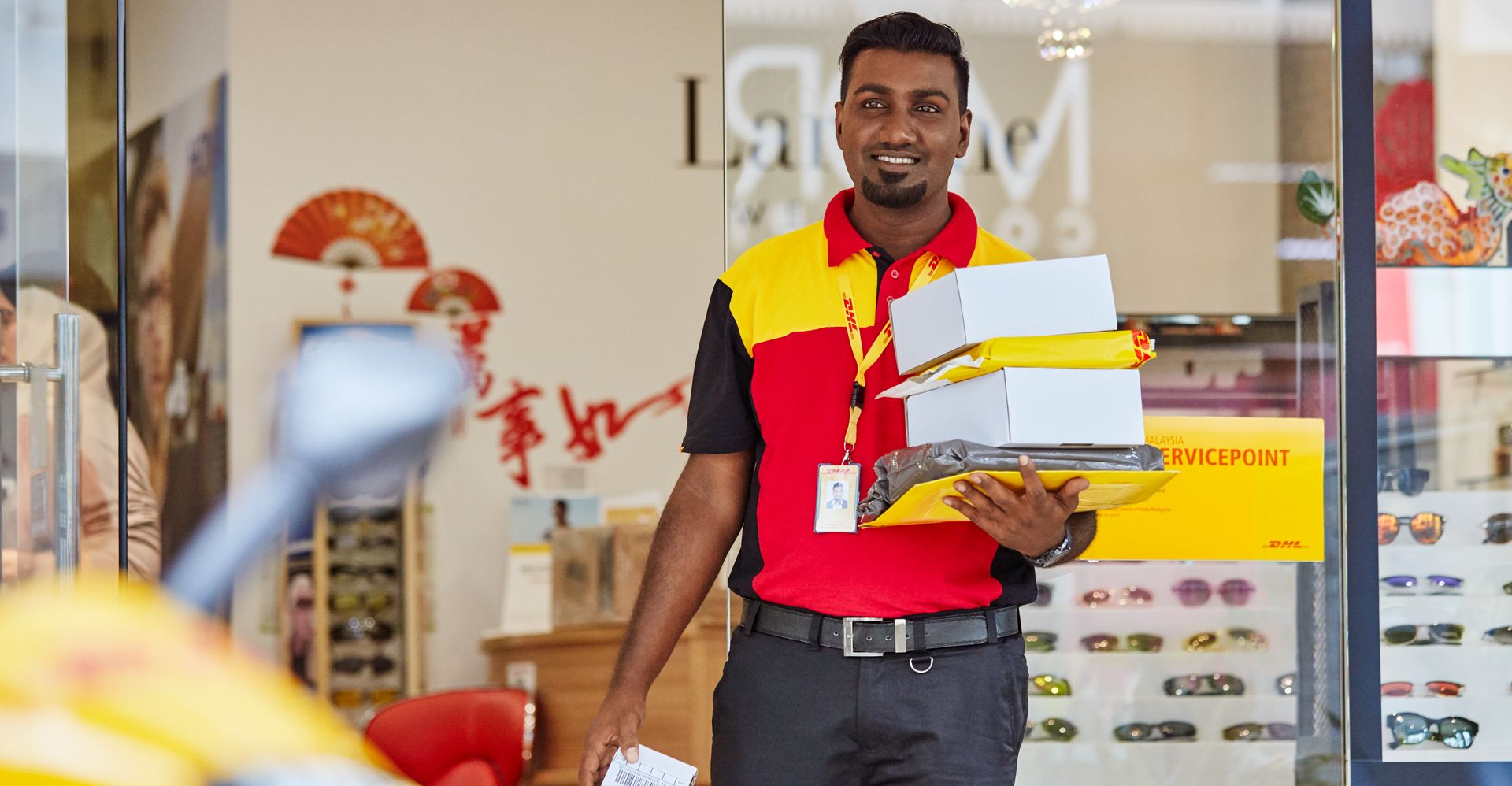Brand image refers to a customer’s view of your brand or business based on the various avenues of communication or interactions they have had with it. These interactions can occur digitally through social media posts or through direct face-to-face interaction with the customer.
This is not to be confused with brand identity, which refers to how the company wants to be seen by potential customers. Businesses have less control over their brand image, as it has to do with how potential customers perceive the brand. As such, businesses may find it difficult to shape their own brand image due to factors out of their control.
Investing time into a positive brand image is a huge driving factor in a company’s growth today, particularly due to the slowly changing profile of the average consumer.
According to a Harvard study, 64% of consumers cited having common values with the business as a primary reason for having a relationship with the brand. A survey in the United States also effectively showed that 46% of consumers would be willing to pay more for products and services, should they trust the brand they were purchasing from. Modern consumers are showing that they care not just about how well a product functions, but about the values carried by the company as well as the effects a business has on society.
In a slowly digitalising society where social media creates ample opportunities for exposure and connection with an infinite number of brands, ensuring your brand is relatable is key to garnering a stronger customer base for your business.
There are several brand image strategies that can be used to give your business the best chance of being perceived in a positive light by your customers. This article aims to provide business owners with a clearer understanding of the importance of brand image, reputation building strategies to construct a strong brand image, and case studies on how to discover and implement your brand’s unique selling proposition (USP).
Strategies to develop a strong brand image for your business
As mentioned, companies often have less control over their brand image than they do over other aspects of the business. However, there are various online reputation management (ORM) strategies that they can use to paint their brand image in a positive light. Ensuring your ORM is well taken care of is of the utmost priority in today’s digital age, especially as rumours on social media can often travel faster than the truth.
According to Terakeet, 91% of customers are likelier to choose companies with 5-star ratings, and 82% of consumers are less likely to choose companies with negative reviews. These statistics show just how beneficial or devastating a company’s ORM or brand image can be towards their overall business.
Brand reputation strategies to consider include:
- Building a recognisable and consistent brand identity across all projects and deliverables with aesthetic visuals, a brand voice, and a clear company mission and value statement
- Establishing an online presence, not inclusive of your e-commerce website, on social media platforms
- Leveraging creative marketing and community management strategies on platforms such as TikTok where you can make announcements, host giveaways, or stay in touch with customers
- Ensuring that customers are providing you reviews on your products, and making sure to respond to every one of them
- Setting up social listening tools such as Google Alerts to gain insight into how often your brand is being mentioned on the Internet, and further categorising these alerts to optimise your consumer relations strategy
- Investing in a public relations team that can start reaching out to news sources to actively seek out ways in which they can positively boost your brand image in the eyes of the general public
There are no guaranteed reputation strategies that will help your brand image, but implementing some of the above will take you a step closer to that goal. At the core of these strategies is being able to recognise your company and brand’s USP to discover what sets you apart from your competitors.
Implementing your brand’s USP allows your brand to stand out from the rest of your competitors by explaining to your consumers what your brand does best compared to other brands. Defining a brand’s USP involves all of the strategies listed above to create a unique commerce experience for your customers that only you can provide.
Case studies: How Neelofa and Vivy Yusof built their positive brand images
Two brands that have successfully utilised a variety of brand reputation strategies to create strong and positive brand images for themselves are Naelofar, founded by actress and entrepreneur Neelofa, and FashionValet, founded by entrepreneur Vivy Yusof. Over time both brands have successfully expanded their operations from offering shipping within Malaysia to cross-border shipping from Malaysia to Singapore to international shipping.
Neelofa and Vivy Yusof are well-known and well-regarded in the modest fashion community in Malaysia and throughout the wider South-East Asia region, and are often upheld as trailblazers for other hijabis and young Muslim women. Both women have also distinguished themselves from other entrepreneurs in the modest fashion industry through clear and distinctive delineation of their USPs.
Neelofa has adopted a collaborative omni-channel approach to shaping Naelofar’s digital reach and brand identity. This extends from conversation-generating captions on Naelofar’s social media platforms to appearing in international fashion events to participating in events for e-commerce giants such as Shopee. Across all these platforms, Neelofa has maintained a consistent brand identity and voice by vocalising and advocating for modest fashion to be recognised in the traditionally Western-dominated global fashion industry. This has led to her brand identity – and by extension Naelofar’s – as a confident, fashion-forward brand that reimagines modest fashion through a contemporary lens.
Vivy Yusof has also marked her rise in the fashion industry by carving out a distinct brand identity. This is done through sharing her varied experiences as a daughter, wife, mother, and entrepreneur on her social media platforms, allowing her to better connect with FashionValet’s key demographic of women between the ages of 20-40. In turn this has given the brand a human face for consumers to better connect with, and makes the brand’s values more accessible to the everyday consumer. FashionValet also leaned into offline marketing as part of its brand strategy through physical stores, TV shows, and billboards, enabling the brand to establish itself as a household name in both Malaysia and Singapore.
Build your company’s positive brand image to get ahead of the competition
Brand reputation building strategies take time, effort, and potentially a larger investment as your company grows larger. However, the effort is worth it in an increasingly digital and interconnected world, where consumers want to build a relationship with businesses as much as they do with the products.
Identifying your USP within a competitive marketplace is the foundation of a strong and positive brand image that will pay off in the long run. Moulding your brand image into a likeable, relatable, and aspirational keystone of your business can massively boost your reputation and revenue over time, much as it did for both Neelofa and Vivy Yusof.

















































